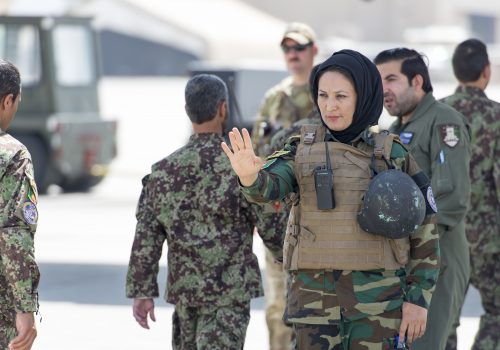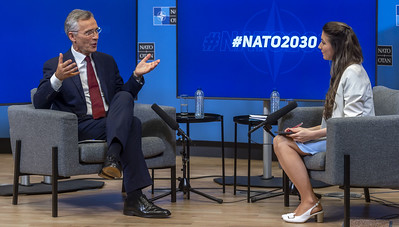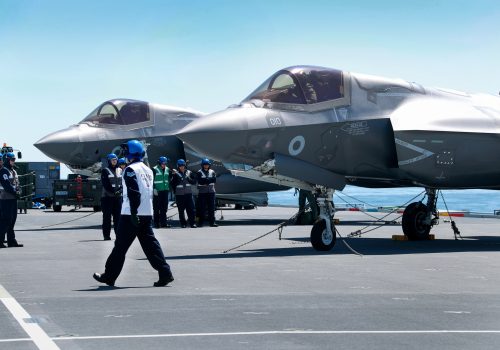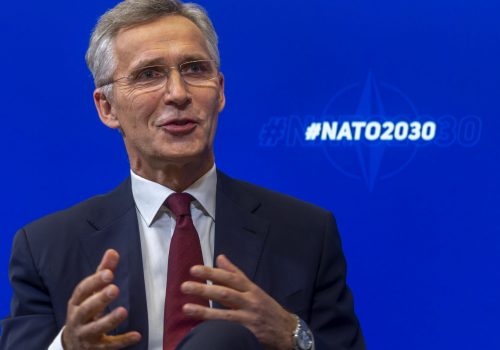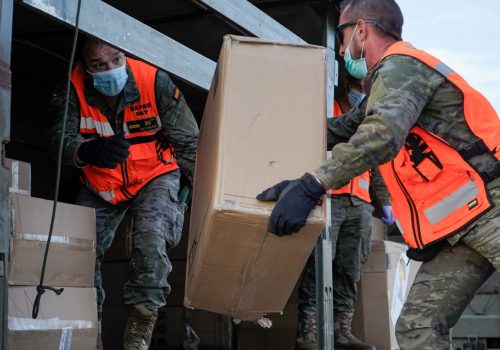April 9, 2021
Listen to women: NATO 20/2020 podcast
Twenty years after its creation, NATO should affirm the strategic significance of the Women, Peace, and Security Agenda and define what it means for an era of great power competition.
About this episode
United Nations Security Council Resolution (UNSCR) 1325 on Women, Peace, and Security (WPS) recognized the disproportionate impact of violent conflict on women and girls and the critical role that women play in peace and security processes. Passed in October 2000, UNSCR 1325 called for strategies to protect women and girls in conflict, and to engage women in all mechanisms, at all levels, and in all stages of conflict.
Today, the WPS Agenda is a legal and political framework for gender in international security that is based on four pillars for policy-making: prevention, protection, participation, and relief and recovery. Implementation is usually measured in each of these four pillars. The United Nations Security Council has passed nine additional resolutions since 2000, which have updated WPS’s concepts and definitions, and reinforced the continuing importance of UNSCR 1325. Together, these resolutions and an emerging set of global norms guide the work of security organizations like NATO, steering them toward gender equality and the promotion of women’s participation, protection, and equal rights under law.
On this episode of the NATO 20/2020 podcast, Ms. Cori Lynne Fleser, a National Security Policy Analyst for Booz Allen Hamilton, joins to discuss ongoing efforts to implement the Women, Peace, and Security agenda, what progress has been made, and what challenges remain.
Watch the video
Key Takeaways
- 1:23: Teri summarizes United Nations Security Council Resolution 1325 and explains what it is, when it was passed, and reasons why it was created
- 2:36: Cori talks about what has been accomplished in the nearly 21 years since Resolution 1325 was passed
- 4:19: Cori discusses what has changed since the resolution was adopted
- 6:56: Cori talks about what the Women, Peace and Security agenda is advocating for in security sector institutions like NATO
- 9:14: Cori explains the importance of having women in decision-making roles in security institutions
- 10:42: Cori discusses whether including more women in decision-making roles and implementing the WPS agenda have affected outcomes for women impacted by violent conflict situations
- 13:25: Cori talks about how receptive defense institutions like NATO are to the Women, Peace and Security agenda
- 16:07: Cori talks about the importance of having a more diverse team
- 17:21: Cori discusses whether the Trump administration supported of the Women, Peace and Security agenda
- 21:24: Cori explains the achievements and setbacks of the Women, Peace, and Security agenda in Afghanistan
- 27:49 Cori lays out what NATO should do to have more women in high-ranking positions as role models
Read the essay
Explore the podcast series
Related NATO 20/2020 essays
Related program
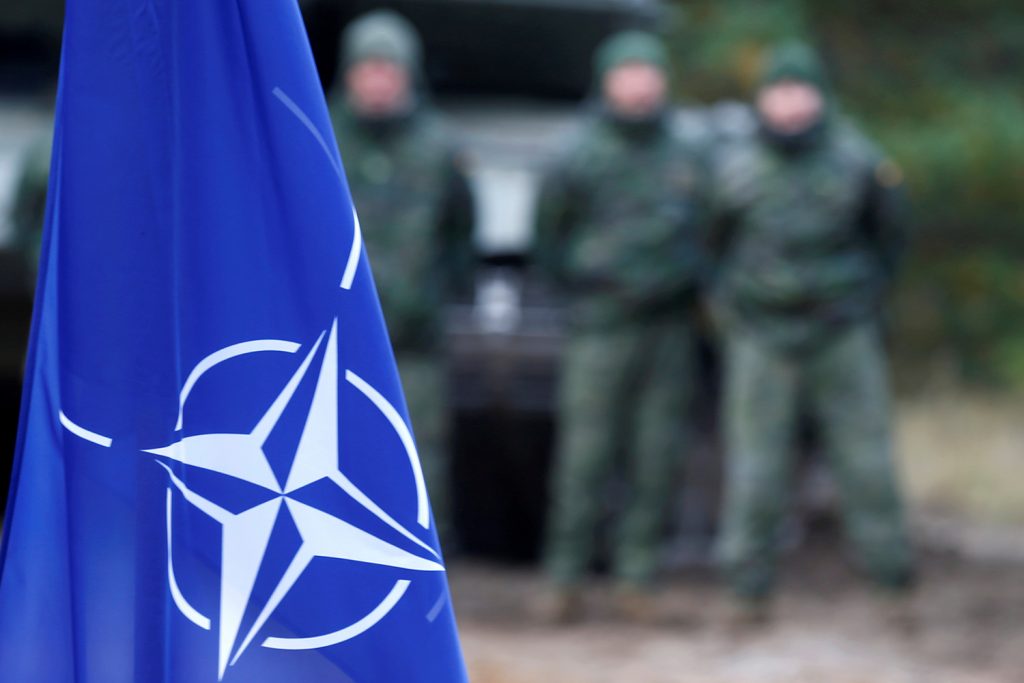

The Transatlantic Security Initiative, in the Scowcroft Center for Strategy and Security, shapes and influences the debate on the greatest security challenges facing the North Atlantic Alliance and its key partners.
Related experts
Image: KABUL AIR WING, Afghanistan (July 22, 2018) -- Sgt. Fahima, Afghan Air Force Fly-Away Security Team member, directs passengers onto an aircraft July 22, 2018, Kabul Air Wing, Afghanistan. The integration of women in security roles allows the Afghan Air Force to operate autonomously on fly-away missions without relying on female coalition partners to provide searches for female passengers. (U.S. Air Force photo by Staff Sgt. Jared J. Duhon)


